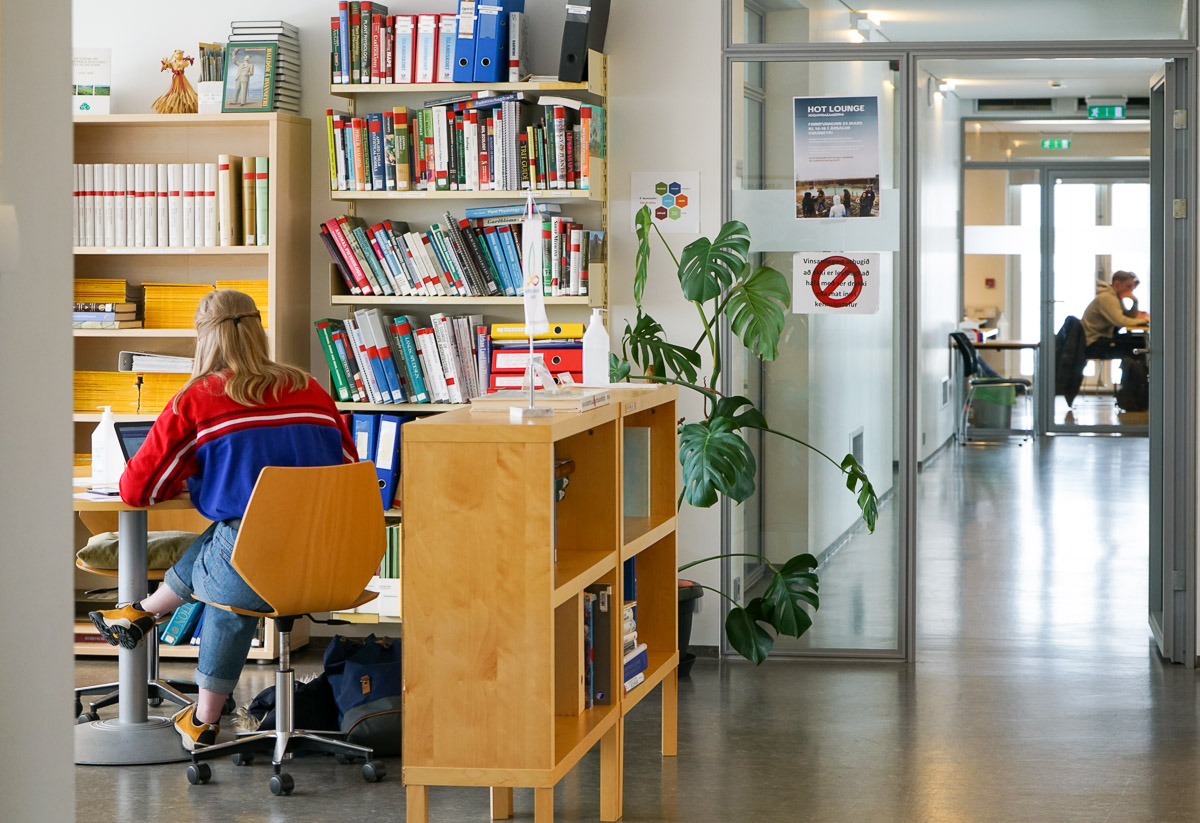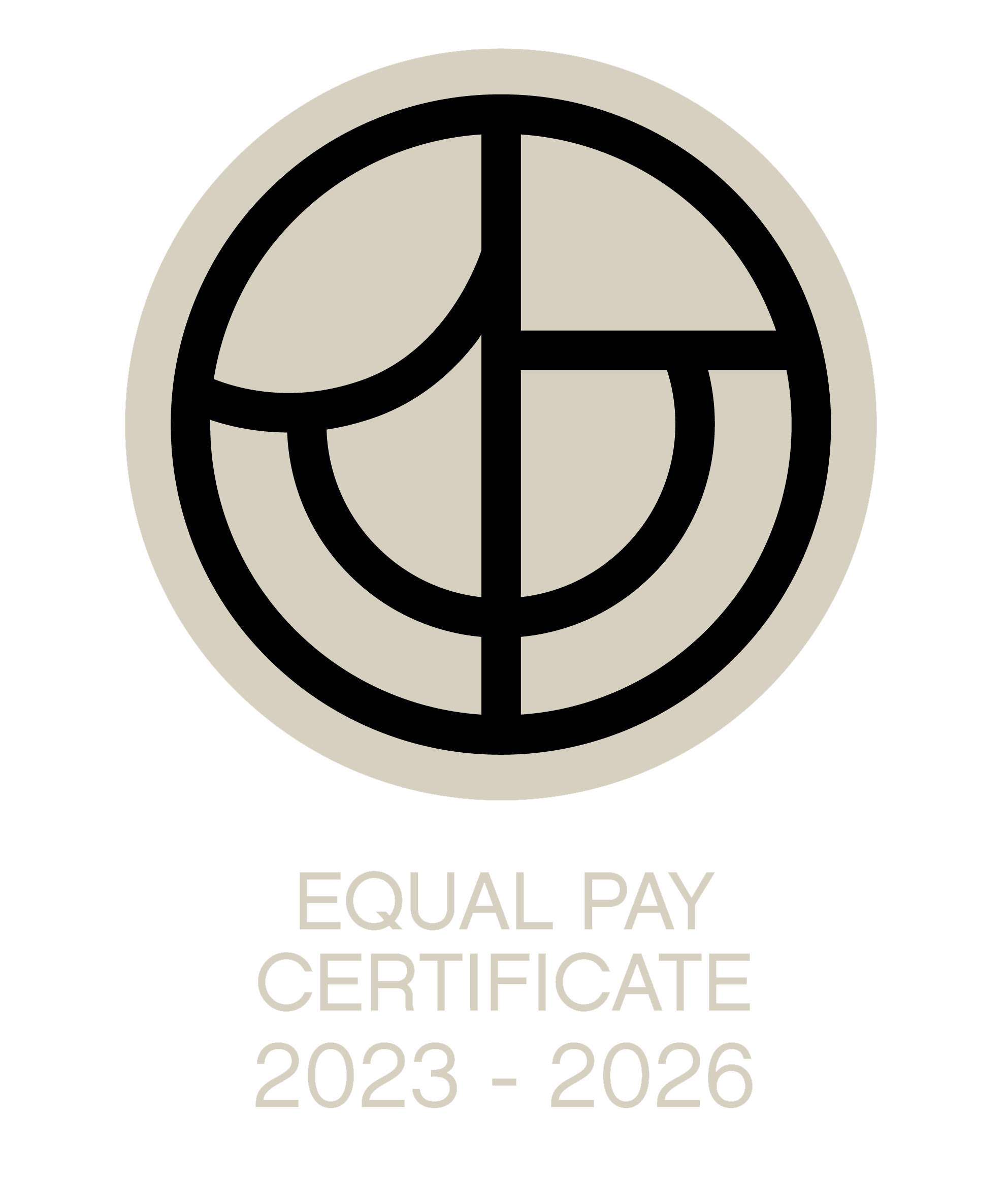
Participation in courses is free of charge for students from NOVA member universities. Travel and accommodation, however, is usually not covered.

Attend a course
15 February 2026
Immunonutrition in Aquaculture - From novel feeds to overall health
01 March 2026
Evolutionary Plant Pathology – effects on genes, individuals, populations and species
01 March 2026
30 April 2026
Environmental Communication and the Politics of Disagreement
Immunonutrition in Aquaculture - From novel feeds to overall health
Organised by: Norwegian University of Life Sciences
Course level: Postgraduate level / Doctoral or equivalent third cycle (EQF level 8)
ECTS: 3
Venue: Ås, Norway
Course term: 08 - 19 June 2026
Maximum number of participants: 10
A PhD course to deepen and update the theoretical and practical knowledge on fish nutrition and health. This course will allow students to gain the foundations to develop useful skills and tools for their career based on immunonutrition.
Application period: 01 November 2025 - 15 February 2026;
APPLICATION FORM
Environmental Communication and the Politics of Disagreement
Organised by: Swedish University of Agricultural Sciences
Course level: Postgraduate level / Doctoral or equivalent third cycle (EQF level 8)
ECTS: 5
Venue: Uppsala, Sweden (Wik Castle)
Course term: 01 June 2026 - 18 September 2026
Online part: 1 June - 15 August 2026; early September 2026
Platform used: ZOOM
Course format: blended (in person + online component)
Maximum number of participants: 20
A PhD course, run in the form of a summer school, that explores environmental communication from three key social science perspectives, focusing on social, symbolic interaction, discourses and information infrastructures. Communication is here understood as the joint construction of meaning, and the course will engage with such meaning-making where it concerns environmental, agricultural, forestry and related issues, with special emphasis on conflict and political struggles.
Course details
Application procedure:
Equitation Science
Organised by: Swedish University of Agricultural Sciences
Course level: Postgraduate level / Doctoral or equivalent third cycle (EQF level 8)
ECTS: 4
Venue: Wången, Sweden
Course term: 02 - 06 March 2026, in-person only
Maximum number of participants: 25
Participants will engage in lectures, seminars, and discussions led by international experts from Nordic and international institutions, and apply theory through practical exercises at the Wången Equestrian Centre. The course provides networking and collaboration opportunities across NOVA member universities and supports the development of evidence-based equine
Evolutionary Plant Pathology – effects on genes, individuals, populations and species
Organised by: Swedish University of Agricultural Sciences
Course level: Postgraduate level / Doctoral or equivalent third cycle (EQF level 8)
ECTS: 4
Venue: Älvkarleby (Uppsala) Sweden
Course term: 01 - 05 June 2026, blended format (in person + online)
Online participation: April-June (online weekly journal club), ZOOM
Maximum number of participants: 20
Course details
Application form
Arrange a NOVA Course
According to the NOVA agreement, a course shall have the following characteristics:
- PhD students or specialising post graduate veterinarians from NOVA members are part of the target group.
- The main teachers should be experts in their fields and at least one of them must be employed by the host university.
- The host university guarantees the quality of the course by following their internal requirements for PhD-level or post-graduate veterinarian specialisation courses. The course quality can be subject to follow-up from web-based student evaluations using a NOVA template.
- It is desirable that the course is planned and executed in collaboration between teachers from the host university and other universities, preferably another NOVA member.
- The pedagogic approach builds upon active participation and engagement by all teachers and students during the course. Commonly, the courses contain a classroom/field/lab module combined with distance education modules, but courses can also be completely online.
- If the number of seats is limited, visiting students from other NOVA members should be given priority to at least 25% of the seats, if possible.
- NOVA students do not pay course fees. The hosting university is not obliged to cover expenses for accommodation, food, student travelling and similar expenses.
NOVA members
NOVA the Nordic Forestry, Veterinary and Agricultural University Network
- Sveriges lantbruksuniversitet (Swedish University of Agricultural Science), Sweden (SLU)
- Norges miljø- og biovitenskapelige universitet (Norwegian University of Life Sciences), Norway (NMBU)
- Landbúnaðarháskóli Íslands (Agricultural University of Iceland), Iceland (LBHI)
- University of Copenhagen - PLEN
- Aarhus University - QGG
- University of Eastern Finland - Forest and EnvBio, (UEF-FE)
- Helsingin yliopisto - Eläinlääketieteellinen tiedekunta (University of Helsinki - Faculty of Veterinary Medicine), Finland, (UH-V)
- Helsingin yliopisto - Maatalous-metsätieteellinen tiedekunta (University of Helsinki - Faculty of Agricultura and Forestry), Finland, (UH-AF)
NOVA Local coordinators
-
Denmark: Aarhus University - Center for Quantitative Genetics and Genomics (QGG), Luc Janss at QGG
-
Denmark: University of Copenhagen - Department of Plant and Environmental Sciences (PLEN), lma@plen.ku.dk
-
Finland: University of Eastern Finland (UEF/FE), Marjoriitta Mottonen at UEF/FE
-
Finland: University of Helsinki (UH-AF and UH-V), NOVA Coordinator at UH
-
Iceland: Agricultural University of Iceland (AUI/LBHÍ), NOVA Coordinator at LBHÍ
-
Norway: Norwegian University of Life Sciences (NMBU), Anna Lewandowska-Sabat, Anna Lewandowska-Sabat at NMBU
-
Sweden: Swedish University of Agricultural Sciences (SLU), NOVA Coordinator at SLU
BOVA University Network (BOVA)
NOVA collaborates closely with The Baltic Forestry, Veterinary and Agricultural University Network, BOVA UN, and encourages course organisers from NOVA to jointly plan courses with colleagues from BOVA universities.
Member Universities
Agricultural University of Iceland (LBHI)
Norwegian University of Life Sciences (NMBU)
Swedish University of Agricultural Sciences (SLU)
University of Copenhagen - (PLEN)
University of Eastern Finland - Forest and EnvBio
University of Helsinki - Faculty of Veterinary Medicine (UH-V)
University of Helsinki - Faculty of Agriculture and Forestry (UH-AF)
The NOVA Secretariat
The NOVA secretariat is responsible for the administration of NOVA and has secretarial functions for the Board. In 2023-2025, the secretarial functions are held at the Agricultural University of Iceland (LBHI).
NOVA Secretariat:
Lukáš Pospíšil
nova@lbhi.is
The NOVA Student Board
The NOVA Student Board (NSB) is a forum in which students from the NOVA member institutions can work together and carry out discussions.
The Nova Student Board:





